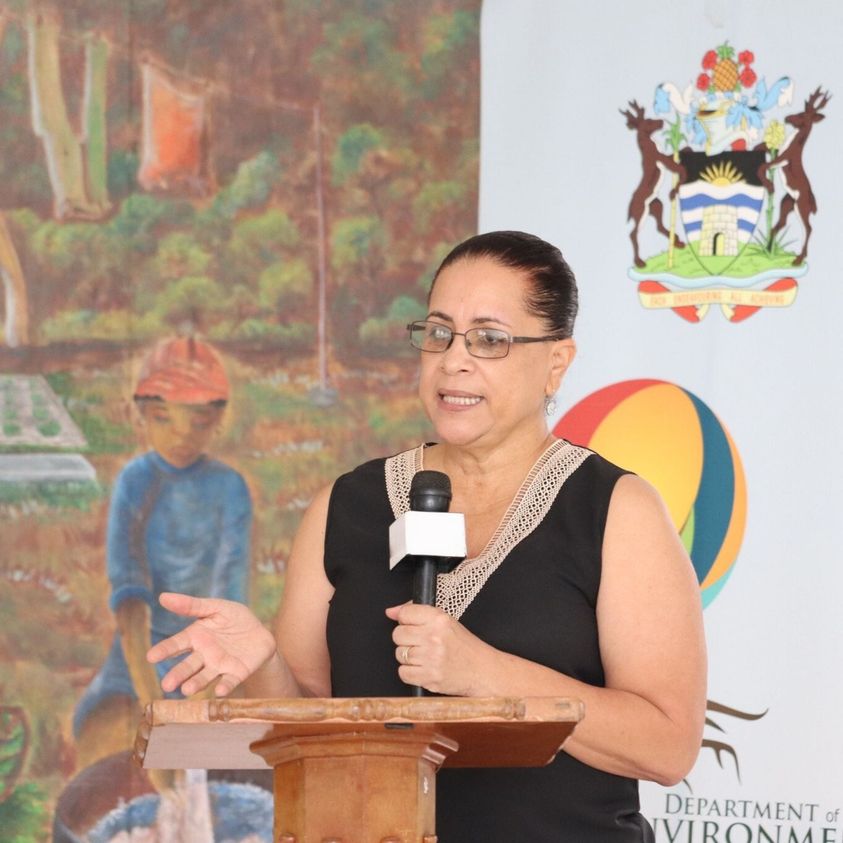The recent update to the federal air quality standard for fine soot by the US
Environmental Protection Agency (EPA) is poised to have far-reaching
implications, particularly for small island nations like Antigua and Barbuda.
Ambassador Diann Black-Layne, Director of the Department of Environment,
underscored the significance of this development for the islands, emphasizing,
"This update to the air quality standard is not only crucial for the health and well-
being of our citizens in Antigua and Barbuda, but it also highlights the
interconnectedness of global environmental issues."
She elaborated on the specific challenges faced by small island states, stating, "In
our context, the impact of fine particle pollution can be particularly acute due to
our limited landmass and susceptibility to external factors such as transboundary
pollution and climate change effects." Ambassador Black-Layne stressed the
importance of reducing fine particle pollution, which poses serious health risks,
particularly in vulnerable communities.
Moreover, she highlighted the need for international cooperation in addressing air
pollution and its impacts on public health and the environment. "We welcome this
step toward reducing deadly air pollution and look forward to continued
collaboration with the US and other countries to protect our environment and
public health," she remarked.
Ambassador Black-Layne also emphasized the broader implications of this update,
noting its alignment with global efforts to mitigate climate change and promote
sustainable development. "By addressing air quality standards, we are not only
safeguarding the health of our citizens but also contributing to broader efforts to
achieve a more sustainable and resilient future for all," she concluded.


